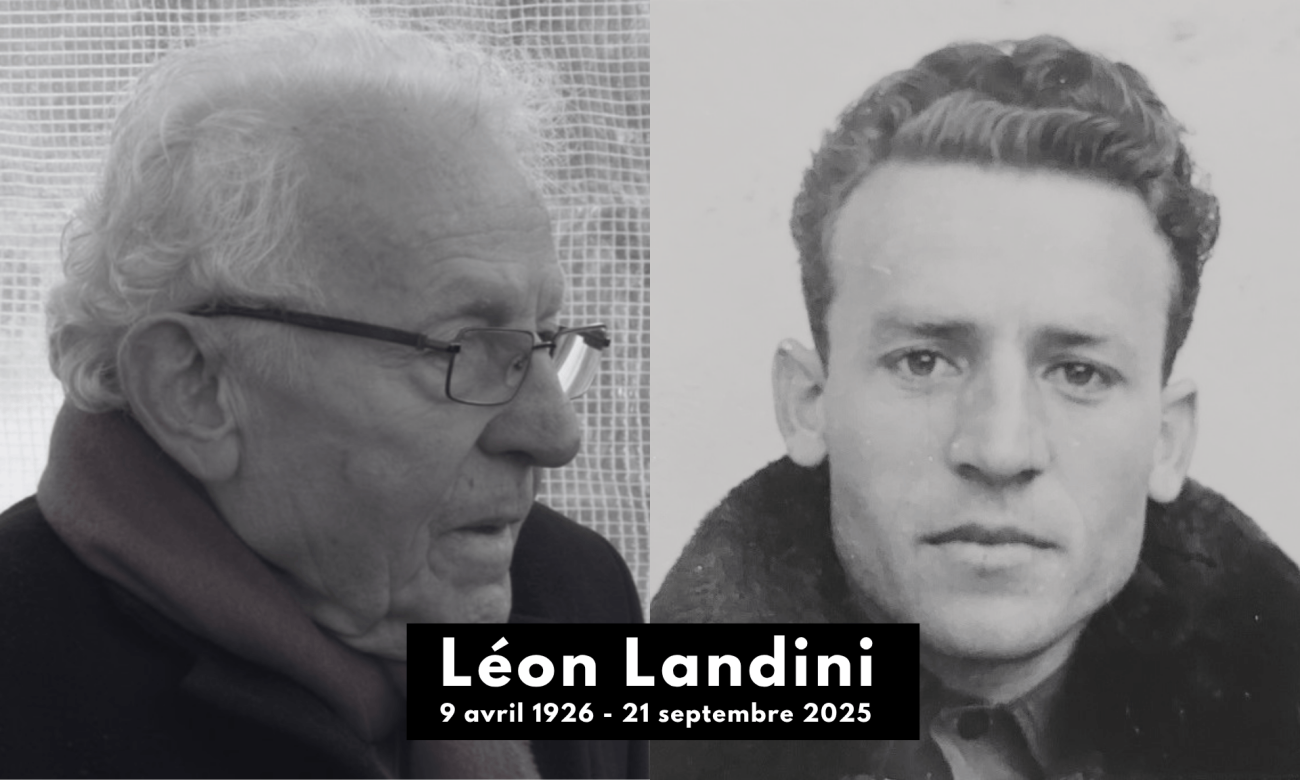From the opening scenes, which treat us first to a musical number explaining the perceived individual benefits of working on ‘the lump’ (the pool of unregulated and non-unionised building workers), then launch us straight into a brilliantly-conceived portrayal of a building workers’ union meeting, the play United We Stand (written by Neil Gore for Townsend Productions) is an extremely cleverly-constructed piece of theatre, telling the story of the building workers’ strike of 1972, the Shrewsbury flying pickets, and the ‘Shrewsbury Two’ – Des Warren and Ricky Tomlinson.
Warren’s character is introduced perfectly by actor William Fox as a militant rep challenging the building union’s full-time paid official from the back of the hall. He calls on his fellow workers to demand more than will be gained by negotiation with the construction companies at this time, and the audience, drawn into the proceedings as his fellow workers and union members, back up the call.
It is to both actors’ great credit that they switch from leading to supporting characters so seamlessly in this two-man show, using nuances of accents and body language with an impressive dexterity that leaves the audience in no doubt as to who’s who.
This could have been a great risk with a cast of only two, but Gore and Fox pull it off magnificently. Neil Gore’s well-observed portrayal of Tomlinson when he appears – as yet to down tools while working on the Wrexham by-pass – is especially impressive when you consider just how familiar the audience are with the real-life Ricky (star of Brookside and The Royle Family).
Throughout the play, the action is punctuated to great effect by musical performances (arranged by John Kirkpatrick), and, whether a humorous rendition of The Sweet’s Blockbuster or a mournful adaptation of Hard Times of Old England, the songs serve well to place the events in their historical context.
Audience members old enough to remember the early 1970s will no doubt enjoy singing along to some of these numbers (as much of the audience did when our reviewer saw the play), and to a younger generation who know the decade only from television reconstruction dramas, these tuneful interludes will serve well as points of popular cultural reference.
The audience is also involved in the proceedings to great effect (and affect) throughout the play. From itinerant workers lining up to be picked from the lump to union members at branch meetings, we later become audience members at a television game show and, finally, find ourselves in the public gallery at the trial of Des and Ricky.
This Brechtian breaking down of the audience’s ‘spectator’ role by dissolving the barrier between the stage and the audience, between the play and real life, is extremely effective in bringing home to us the atmosphere of the events being depicted and in encouraging us to really think about the ramifications of those events – not only for the people involved at the time but also for us today.
For anyone of a younger age who wonders why so many workers now seem to have nothing better to choose from than exploitative zero-hour contracts or unstable ‘self employment’ in order to earn a living, the second half of the play, with its shattering conclusion in the dock, is a brilliant analysis of the ways in which our ruling class attacked the trade-union movement and initiated a full-scale assault against workers’ pay and conditions that has continued unabated to this day.
The dusting off of the 1875 Act against conspiracy, which used as a basis for the prosecution of the 24 Shrewsbury pickets (of whom Warren and Tomlinson received the longest sentences), is rightly lambasted as the desperate move that it was – in a scene in which Lord Charles and the then Home Secretary Robert Carr are portrayed as comical ‘talking heads’ plotting.
This is clever, particularly in the sense that it gives a good impression of such characters with vested interests existing in a bubble of entitlement. Informed by a belief in the essential rightness of their position of class privilege, their desires are facilitated by a system that many would have us believe serves the ‘whole people’ democratically and fairly.
The obvious change between 1972 and now is that there is no longer a need for the government to employ archaic laws to prosecute strikers, since there has been plenty of legislation passed in the intervening years with the sole aim of hobbling unions’ ability to organise and effectiveness on strike. Even the most fervent member would today accept that the movement as it stands is a ‘toothless tiger’, while the refusal of the Labour party to repeal any of those anti-union laws during its last terms in government makes it perplexing that many union members still advocate affiliating to a party that so clearly works against their interests.
With even more legislation against effective organising being set in motion by the current government, it is clear that the only way left to workers wishing to actually achieve our demands and win even quite minor struggles is to defy the anti-union laws en masse. And the only way to avoid suffering the same punishment as was meted out to Warren and Tomlinson is to make sure that we have the backing of our class when we do so.
The shameful betrayal of the jailed Shrewsbury pickets is not really touched on by the play, but, as we have written elsewhere, the TUC and the Labour party were as much to blame for the two remaining in prison as the Tories were for putting them there. (See The case of the Shrewsbury 24 – an object lesson in the workings of the state and the treachery of our social-democratic misleaders, 20 April 2015)
A determined campaign by a united union movement – as desired by many rank-and-file members – could certainly have secured their release, just as the ‘Pentonville Five’ had been released only a few months earlier.
Although it has finished its present run, Townsend Productions will be taking up residency at the Bussey Building in Peckham (southeast London) in autumn this year. We would urge all those who are able to get along and see the play while it is there, along with Neil Gore’s adaptation of The Ragged Trousered Philanthropists, which the company will also be performing during their stay.
*
The Ragged Trousered Philanthropists – 5-31 October; United We Stand – 2-14 November at the Bussey Building, 133 Rye Lane, SE15 4ST. Tickets £12 / £10; Monday tickets £5. Contact 020 7732 5275 or book online at clfartcafe.org.










